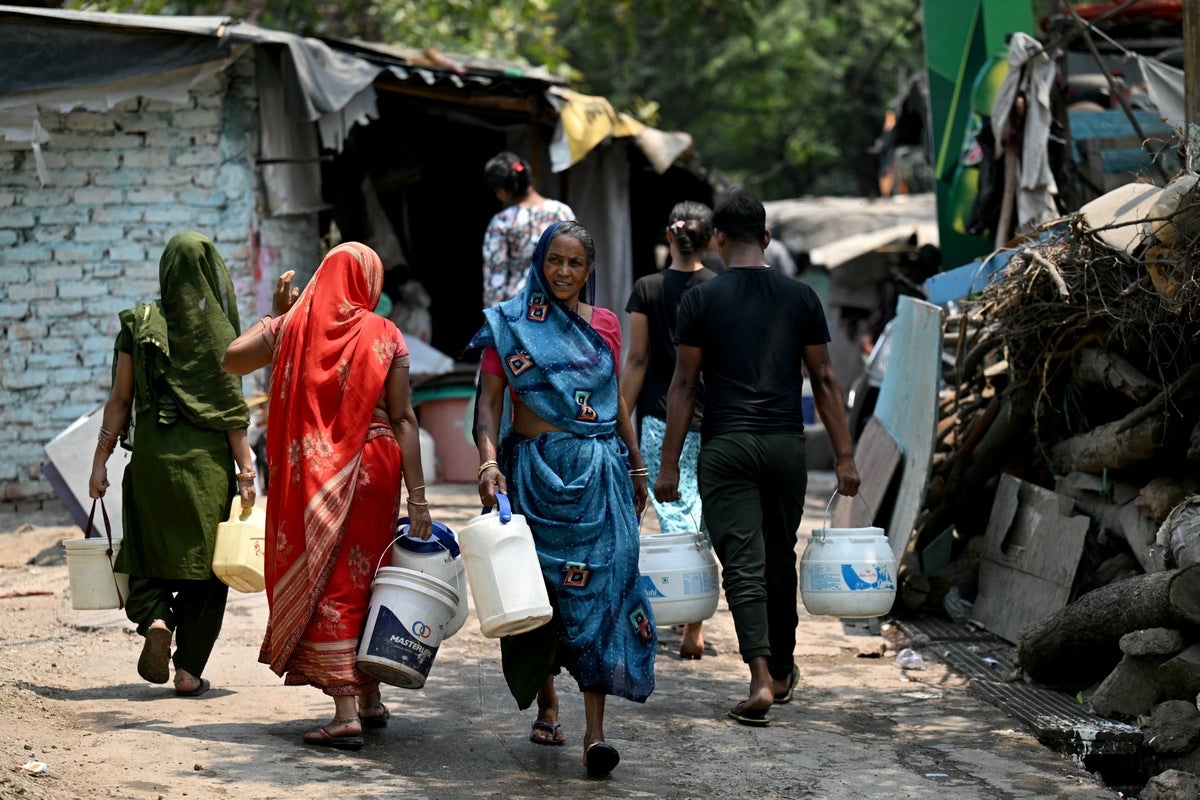
India’s opposition party has accused the Narendra Modi government of “intellectual dishonesty” after it claimed the country was among the world’s most equal.
The federal Ministry of Information and Broadcasting on 5 July claimed India ranked “fourth globally in income equality”, citing a World Bank report. “This is a remarkable achievement for a country of its size and diversity,” the release said.
The World Bank, in its “Poverty & Equity Brief” report in April, found that over the past decade India had indeed significantly reduced its poverty rate. “Extreme poverty [living on less than $2.15 (£1.5 )per day] fell from 16.2 per cent in 2011-12 to 2.3 per cent in 2022-23, lifting 171 million people above this line,” the report stated.
The World Bank said India’s consumption-based Gini index improved from 28.8 in 2011-12 to 25.5 in 2022-23, while warning that inequality may be underestimated due to data limitations.
The Gini Index, which ranges from value 0 through 100, is used to understand how equally income, wealth, or consumption is distributed across households or individuals. The lower the Gini Index, the more equal the country is perceived to be.
The World Bank report added that in contrast, the World Inequality Database shows income inequality rising from a Gini of 52 in 2004 to 62 in 2023. “Wage disparity [in India] remains high, with the median earnings of the top 10 per cent being 13 times higher than the bottom 10 per cent in 2023-24,” it added.
The Modi government in its press note claimed that India’s Gini index made it the fourth most equal country in the world, after the Slovak Republic, Slovenia and Belarus. The World Bank has made no such claims about India’s ranking.
“Three months after its release, the Modi Government’s drumbeaters and cheerleaders have begun spinning the World Bank’s data to make the staggeringly out-of-touch claim that India is among the world’s most equal societies,” the main opposition party, the Indian National Congress, said on X.
Congress general secretary Jairam Ramesh dismissed the Hindu-nationalist Bharatiya Janata Party (BJP) government’s assertion, arguing that no country with a poverty rate of 28.1 per cent could make “a justifiable claim to being one of the most equal societies in the world”.
He noted that the government’s use of an updated purchasing power parity (PPP) conversion factor from 2021, rather than 2017, would inflate poverty reduction figures. “More updated data… would result in a higher rate of extreme poverty,” the statement read.
Indian news website The Wire noted if the World Bank’s income inequality figures are accounted for rather than consumption, India has a Gini index of 61 in 2019 and 2023. That would rank India 176th out of 216 countries and territories, compared to an equivalent rank of 115th in 2009.
The Congress party questioned the Modi government’s poverty benchmarks, saying that according to the World Bank’s lower-middle-income poverty line of $3.65/day (£2.6), India’s poverty rate stood at 28.2 per cent in 2022.
Mr Ramesh said the figure contrasts sharply with the government’s assertion, based on a $3/day (£2.2) benchmark, that only 5.3 per cent of the population was living in poverty in 2022-23.
